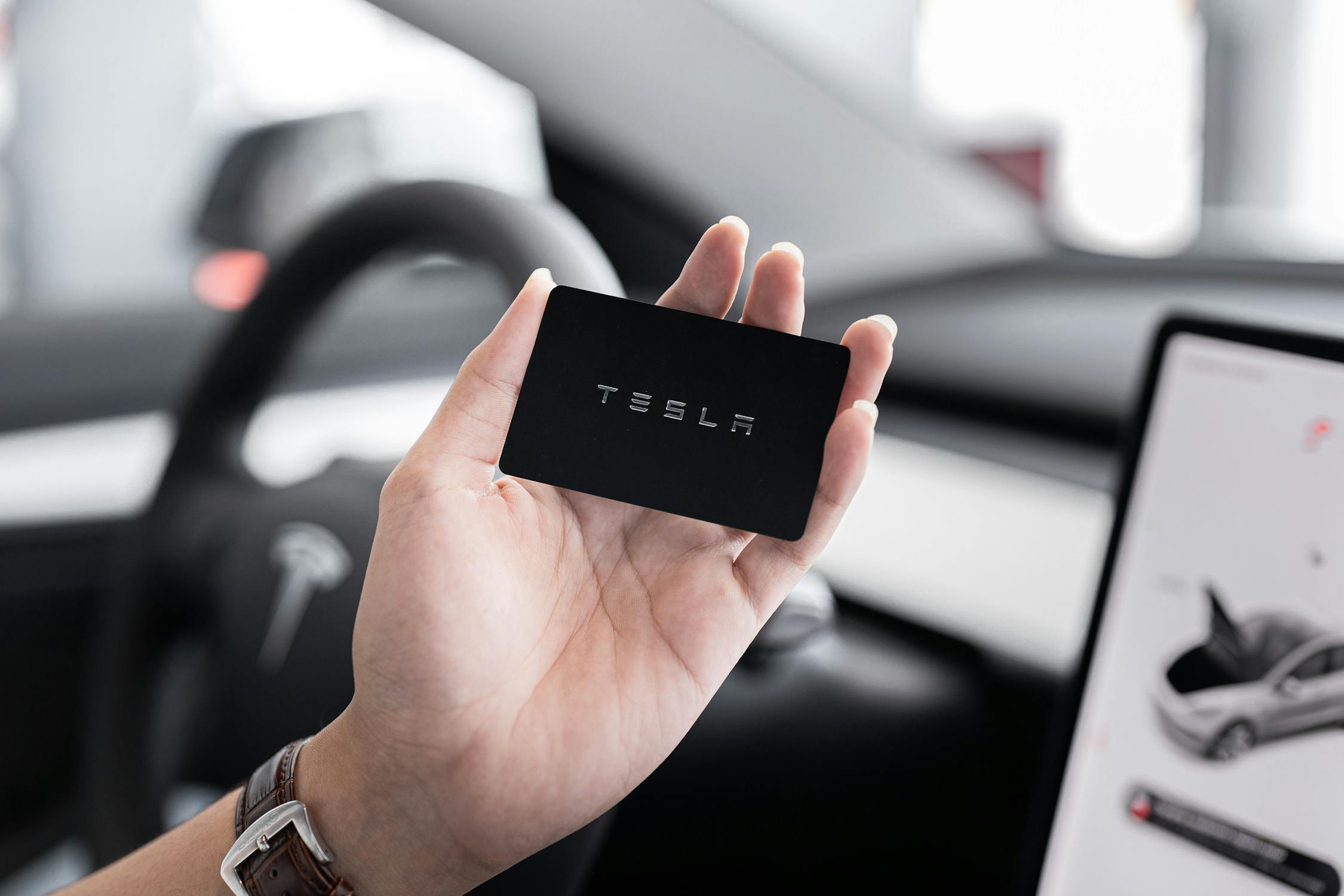
How Elon Musk’s Takeover of Twitter And Its Impact on Tesla Stock
- Gordon Matthew Thomas Sumner
- 0
- Posted on
Table of Contents
Toggle
Whether or not you think that Twitter’s acquisition of Elon Musk’s company, Tesla, is a positive thing for the automaker, you should know how it affects the stock price. In fact, there are several ways in which it could actually hurt the company’s stock price. Fortunately, there are also a number of ways in which it could be beneficial.
Suspended rollout of new Twitter Blue program
Earlier this month, Tesla CEO Elon Musk suspended the rollout of his new Twitter Blue program. His pay-to-play system, which allowed people to have a blue checkmark on their account, was supposed to help fight spam and fake accounts. However, it was also intended to be a revenue generator.
The Twitter Blue program was supposed to offer a way for people to get a blue checkmark on their account without having to provide proof of identity. However, the scheme proved to be a dud, causing a flood of fake accounts to appear on the service.
On November 9, the launch of Twitter Blue was halted. Twitter then began restricting the purchase of the $8 monthly subscription service to accounts created before November 9.
A few days later, Twitter made a few changes to the iOS app. Users could now have a tiny blue checkmark on their profile. It wasn’t clear why Twitter made these changes, though.
Increased reliance on Musk’s tweets
During the past eight months, 16% of Elon Musk’s tweets were about Tesla. While it’s true that Tesla has been one of the world’s biggest players in the car-making business, it’s only one of five companies Musk owns. Those five companies include SpaceX, Neuralink, The Boring Company, and Tesla.
Elon Musk, the world’s most famous and richest man, has been a tweeting machine. He’s tweeted more than 5 million times. He has no friends, and he’s been known to work 120-hour weeks in crises. He’s also the self-proclaimed “free speech absolutist.” And he’s not afraid to let anyone say whatever they want on Twitter.
Despite all of the buzz about Musk’s Twitter acquisition, there are still many questions that remain. For starters, is a $13 billion loan against the company’s shares the right move? Does it make sense to borrow money to buy Twitter? Some analysts are skeptical.
Musk has also been known to make wacky claims. He recently lined up $7 billion in financing, a feat that would have been unthinkable a few years ago.
Marc Andreessen’s investment in Musk’s purchase of Twitter
Earlier this month, Marc Andreessen made a $400 million investment in Elon Musk’s planned purchase of Twitter. He also offered to join the deal as a co-investor.
Musk originally said yes, but later changed his mind. He then fired Twitter’s top executives. He later tried to back out of the deal, but Twitter’s board offered him a seat on the company’s board.
In court filings, Twitter alleged that Musk violated its antitrust policy. They pointed to text messages between Musk and Oracle Cofounder Larry Ellison. They also said that Musk destroyed evidence of a spam account that was supposedly hidden on Twitter.
The lawsuit is seeking a court order to force Musk to buy Twitter. The lawsuit was filed by a trust controlled by Larry Ellison, who allegedly received a legal notice from Twitter.
Musk is now relying on a combination of cash, bank loans and investment funds to finance his deal. He has more than $3 billion in cash on hand, along with $13 billion in bank loans and other assets. He could announce additional capital commitments in coming weeks.
Continued selling of Tesla shares
During the past year, Tesla’s shares have dropped more than half of their value. This has weighed heavily on the finances of CEO Elon Musk. He has sold at least $36 billion worth of shares in the past year. He also has been borrowing against his Tesla shares to avoid capital gains tax.
As of Friday, Elon Musk owned about 14% of Tesla. But that number could change if he decides to sell some shares. If he did, the value of his Tesla stock would drop to around $39.9 billion.
If Musk does decide to sell his shares, he may be forced to take on more debt to pay off the deal. That debt could cost about $1 billion per year, according to analysts. It would also put him at risk for an expiration of his stock options.
The stock has declined more than 50% since its peak in November. The company has also faced competition from established automakers and the electric vehicle market. And the company is experiencing supply chain problems.
